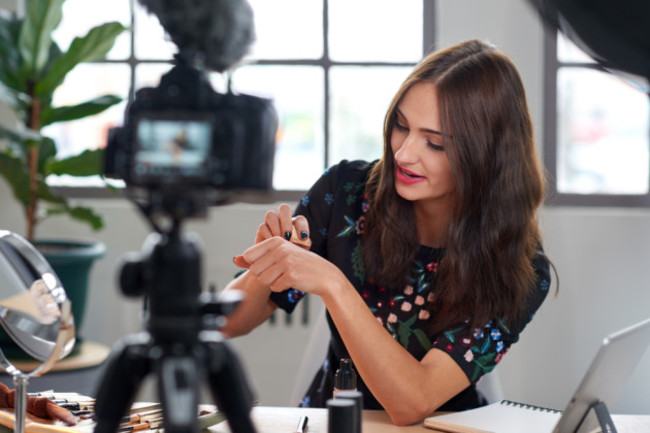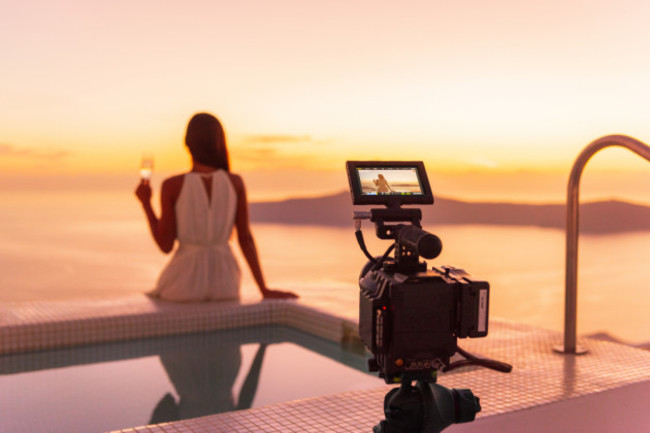WE’RE THROUGH THE looking glass here, people.
A new piece from The Atlantic is looking at how influencers pretend that brands are sponsoring them … So they can get brands to sponsor them. Are you following?
Yep. Apparently, some Instagrammers and micro-bloggers alike are faking ad shoots for their accounts in order to make the transition from casual grammer to money makin’ machines.
Why are they doing it? Companies want to see an influencer’s promotional strategy and past campaigns, off the bat. If they’re struggling to get a brand to even reply to their emails, the only option is “fake it ’til you make it”.
One influencer in Los Angeles set up a shot of herself at a coffee shop – in which she paid for her coffee herself, and wrote a caption which insinuated that she was working with on a campaign. Another made out like her personal holiday to Miami was actually a press trip.
“I took a lot of pics at restaurants and posted ‘Thanks so much XYZ restaurant for the hospitality!’” the influencer in question, Taylor Evans told the publication.
You say it in a way that people could interpret it as you having an established relationship with that brand … The hope is that it’s perceived in a way that looks like there’s a reason you’re in a different city and state, not just enjoying a weekend vacation.”
Another 15 year-old influenced told the publication that she and her friends faked having brand deals to “seem cool”.
It explains a lot as to how some influencer seemingly get away with posting endless #sponcon to their feed without disclosing it as such – perhaps it isn’t #sponcon. It’s simply the influencer looking to make a connection with the brand in the hopes of actually making #sponcon with them. Phew! Sounds exhausting.
What about the brands though? Investing in “fake” influencers can prove to be costly for brands, as they produced low quality content that they have no control over.
According to ASAI guidelines, if a blogger has worked with a brand or advertiser around a piece of content, this needs to be clear ‘from the start’ of the piece of content. This means bloggers must reveal this at the beginning of a blog post or video and use the #sponsored or #ad hashtags on social media. (In the UK, the word ‘Ad’ must be included in the title of the blog or video.)
If a blogger receives no payment but free product from a brand or advertiser, the blogger is not required to flag any ensuing content as ‘marketing communications’ as money has not changed hands.
Currently, there’s no guidelines for navigating fake #sponcon in Ireland – unsurprising, given how murky the territory already. It’s time like this that it’s worth remembering how much of social media isn’t “real” and it’s to be enjoyed at a surface level.
If you want to buy something someone’s shilling, work away. If you’re inspired to pick up a jumper you saw someone else wearing, no harm. But it’s also important to stay savvy, and know that, depending on who you follow, you’re being targeted as a customer in some way.











COMMENTS (2)